Is BYD Auto Sold in the US? As China’s largest electric vehicle (EV) manufacturer, BYD Auto has rapidly expanded its global footprint, sparking curiosity about its availability in the U.S. market. While the brand is a dominant force in Asia and Europe, its presence in the U.S. remains limited but evolving. Here’s a breakdown of BYD’s current status in America.
BYD first entered the U.S. in 2011 with electric buses and commercial vehicles, targeting municipal and private transit operators. Today, its electric buses, trucks, and forklifts are sold across all 50 states through partnerships with local distributors. These vehicles are popular in cities like Los Angeles, Denver, and Albuquerque, where they’re praised for their zero-emission performance and lower operating costs. However, BYD’s passenger cars—like the Han sedan, Tang SUV, and海豹 (Seal) sports car—are not yet officially sold to U.S. consumers.
Several factors explain BYD’s cautious approach. First, the U.S. auto market is highly competitive, with established players like Tesla and legacy automakers investing heavily in EVs. Breaking into this space requires significant resources for dealership networks, marketing, and compliance with strict safety and emissions standards. BYD has prioritized building brand trust through commercial vehicles, which face fewer barriers and align with global decarbonization goals.
Regulatory hurdles also play a role. While BYD’s vehicles meet European and Chinese standards, adapting to U.S. Federal Motor Vehicle Safety Standards (FMVSS) and securing certifications is a complex, time-consuming process. The company has submitted several passenger models for evaluation but has yet to announce a formal launch date.
BYD’s long-term ambitions for the U.S. are clear. In 2023, the automaker hinted at plans to introduce consumer EVs by 2024 or 2025, potentially starting with the Atto 3 (Yuan Plus) SUV, a bestseller in Europe. Partnerships with U.S. dealers or ride-sharing firms could accelerate adoption. Meanwhile, BYD’s battery division—a global leader in lithium-iron phosphate (LFP) technology—already supplies Ford and other automakers, signaling deeper ties to the U.S. market.
Even with momentum in commercial sectors, BYD faces uphill battles. Brand recognition among American consumers remains low compared to Tesla or Chevrolet. Additionally, geopolitical tensions and U.S. policies targeting Chinese firms add uncertainty. BYD must navigate these dynamics while investing in local manufacturing or partnerships to qualify for federal EV incentives under the Inflation Reduction Act.
In short, BYD Auto is not currently sold to U.S. consumers, but the company is methodically laying groundwork for expansion. Its success in commercial vehicles and battery technology positions it as a potential disruptor in the years ahead. For now, Americans eager to drive a BYD EV may need to wait—or consider a road trip to Europe or China. The automaker’s journey in the U.S. underscores the delicate balance between ambition and pragmatism in cracking one of the world’s toughest markets.


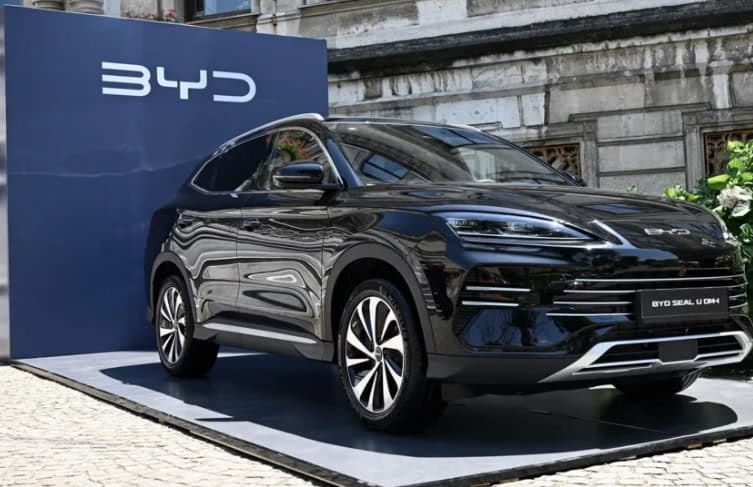
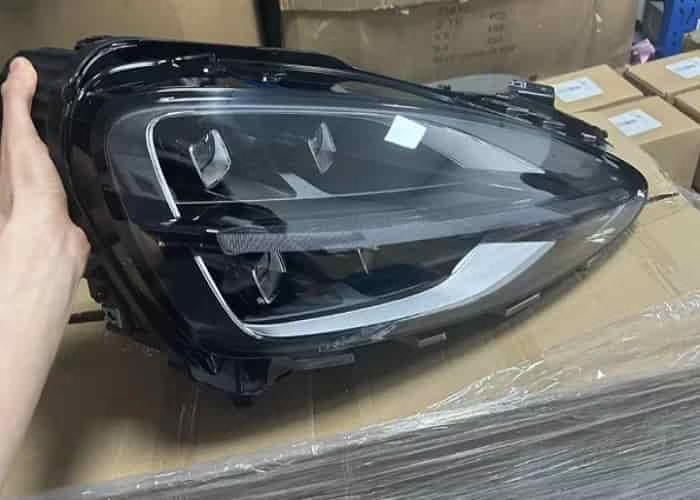
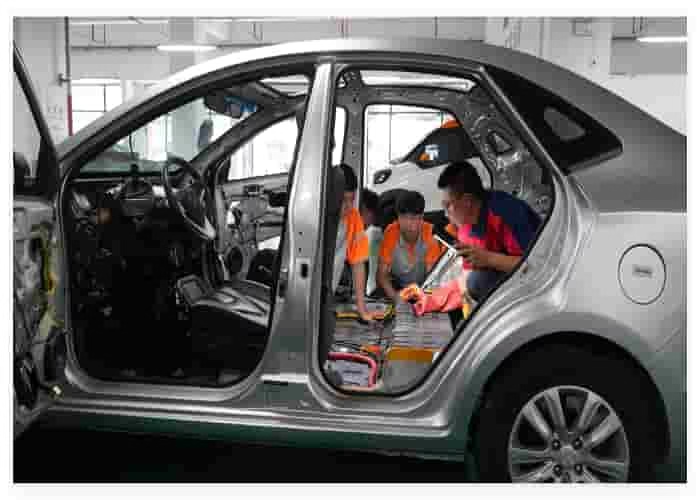
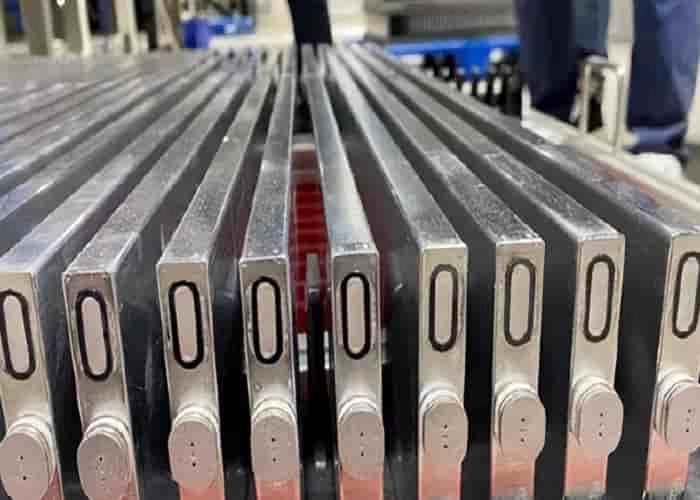
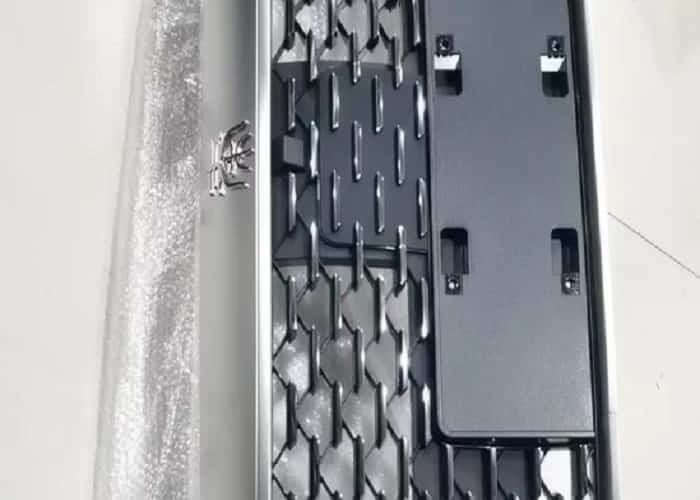



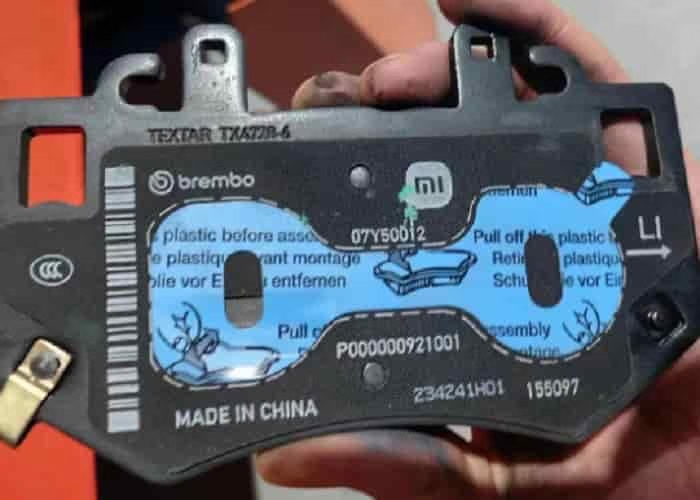
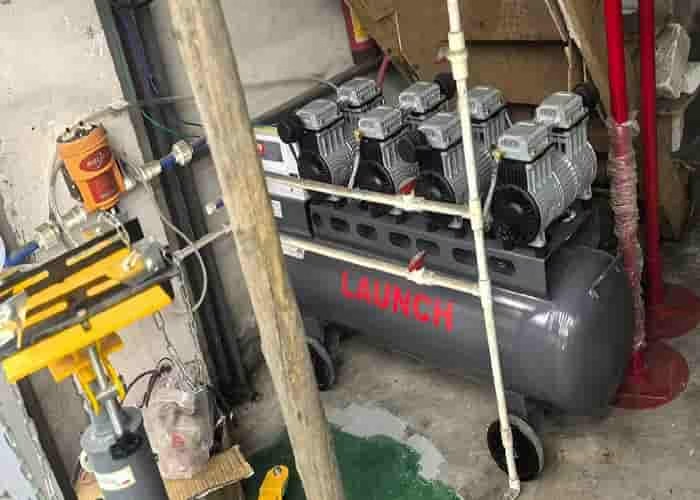
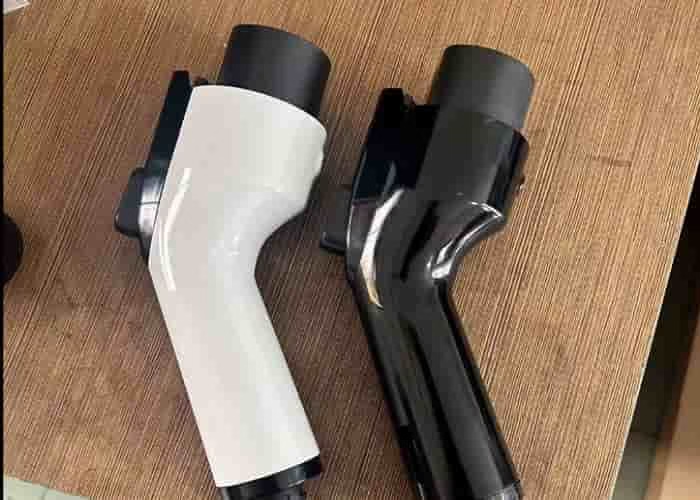

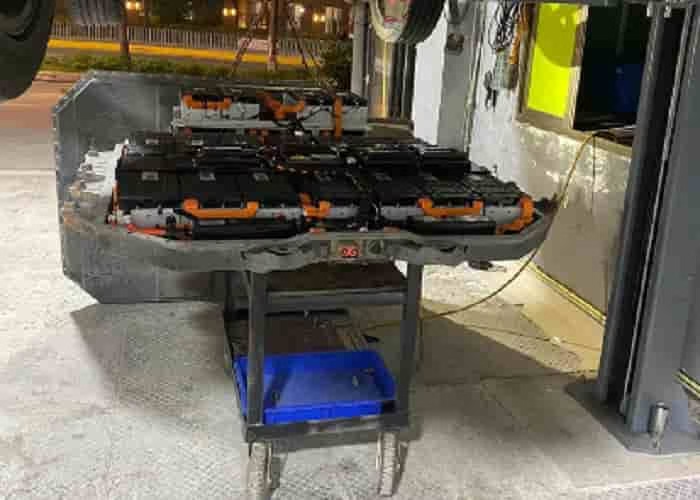
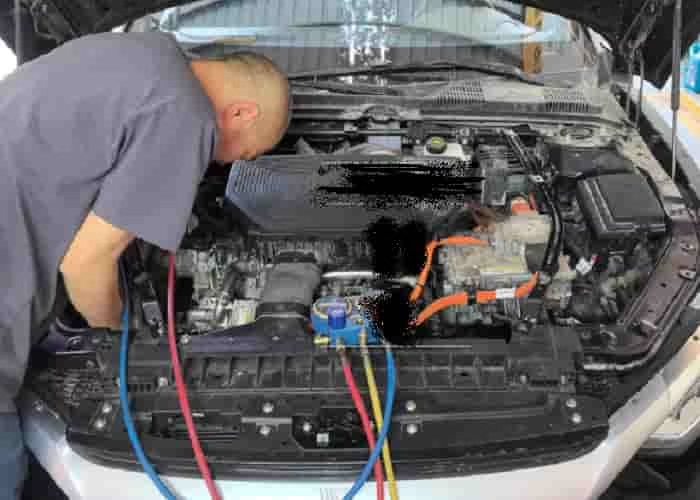
Leave a Reply